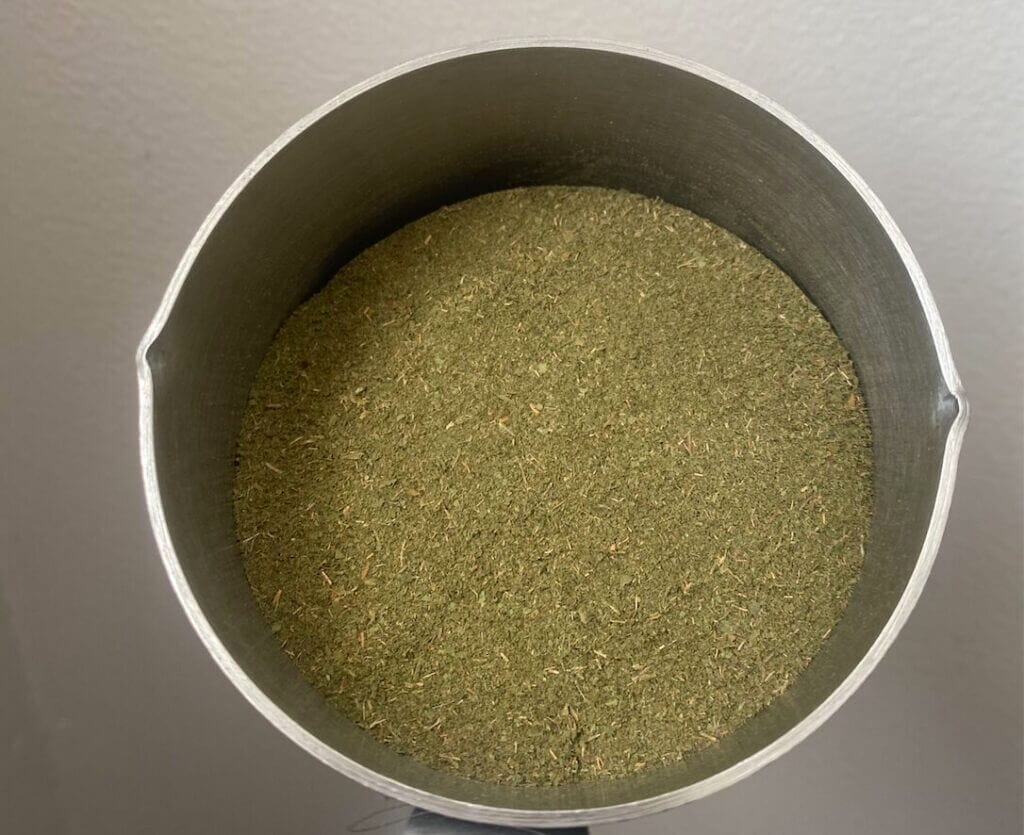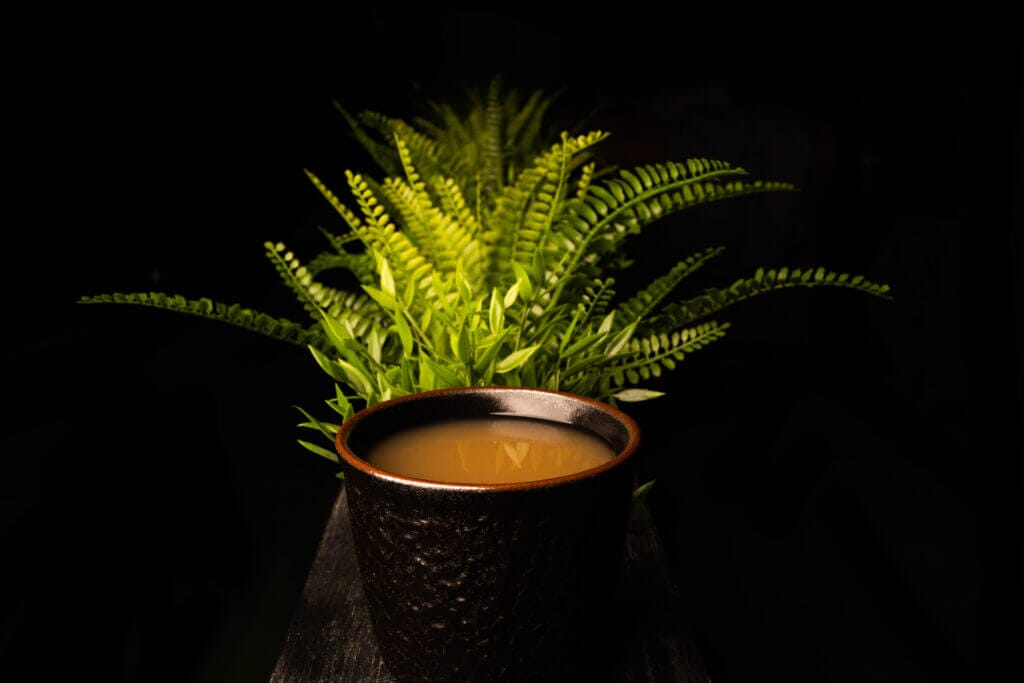Apothecary Herbs for Pain & Wellness. Exploring the Essential Role of Apothecary Herbs in Herbal Healing and Wellness
In a world where modern medicine often dominates the healthcare landscape, there exists a parallel universe of herbal remedies steeped in tradition, wisdom, and natural healing. At the heart of this universe lies the apothecary, a sanctuary of herbs where ancient knowledge meets modern wellness practices. In this comprehensive exploration, we embark on a journey into the realm of apothecary herbs, unraveling the mysteries of Kratom, Kava, Mullein, Dandelion Root, and other botanical treasures that serve as essential pillars of herbal healing and wellness.
The Resurgence of Herbalism: Rediscovering Nature’s Pharmacy with Apothecary Herbs for Pain
Apothecary Heritage: The term “apothecary” harkens back to ancient times when healers and wise men meticulously curated botanical concoctions to address various ailments and promote well-being. Apothecary Herbs for Pain have always been important. These early apothecaries were revered for their intimate knowledge of plants and their ability to harness nature’s bounty for healing purposes. Today, the tradition of the apothecary lives on, albeit in a modernized form, as herbalists, naturopaths, and wellness seekers continue to turn to nature’s pharmacy for holistic remedies.
Herbal Renaissance: In recent years, there has been a notable resurgence of interest in herbalism, driven by a growing desire for natural alternatives to conventional medicine and a rekindled appreciation for traditional healing practices. As scientific research sheds light on the therapeutic properties of medicinal herbs, more individuals are embracing the power of plants to support their health and well-being. In this renaissance of herbalism, apothecary herbs emerge as invaluable allies, offering a diverse array of benefits for body, mind, and spirit.
The Powerhouses of Apothecary Herbs for Pain: Kratom, Kava, Mullein, Dandelion Root, and Beyond

Kratom (Mitragyna speciosa): Originating from Southeast Asia, Kratom has garnered widespread attention for its potential therapeutic effects, including pain relief, mood enhancement, and energy boosting properties. The leaves of the Kratom tree contain alkaloids such as mitragynine and 7-hydroxymitragynine, which interact with the body’s opioid receptors to produce various physiological effects. While Kratom remains a subject of debate and regulation, many individuals attest to its benefits in managing chronic pain, anxiety, and opioid withdrawal symptoms. Kratom for Pain

Kava (Piper methysticum): Hailing from the South Pacific islands, Kava holds a sacred place in traditional Polynesian culture, where it is revered for its calming and euphoric effects. The root of the Kava plant contains compounds known as kavalactones, which exert sedative and anxiolytic properties. Consumed as a beverage in ceremonies and social gatherings, Kava promotes relaxation and social bonding while alleviating stress and anxiety. However, it’s important to note that Kava should be used responsibly due to potential liver-related concerns with heavy or prolonged use.

Mullein (Verbascum thapsus): As discussed in our previous exploration, Mullein stands tall as a versatile herbal remedy with a rich history of medicinal use. From respiratory support to ear care and skin soothing, Mullein embodies the essence of herbal healing with its gentle yet effective nature. Whether brewed as a tea, infused into oil, or crafted into glycerite, Mullein offers a wealth of benefits for respiratory health, skin ailments, and beyond.
Dandelion Root (Taraxacum officinale): Often regarded as a pesky weed in suburban lawns, Dandelion boasts an impressive array of medicinal properties, particularly in its root form. Dandelion root is prized for its diuretic, detoxifying, and liver-supporting properties, making it a valuable ally in cleansing and rejuvenating the body. Rich in vitamins, minerals, and antioxidants, Dandelion root offers holistic support for digestion, liver health, and overall vitality. Whether consumed as a tea, tincture, or incorporated into culinary dishes, Dandelion root exemplifies the multifaceted nature of apothecary herbs.
Beyond the Basics: In addition to Kratom, Kava, Mullein, and Dandelion root, the world of apothecary herbs encompasses a vast array of botanical treasures, each with its own unique properties and potential benefits. From adaptogenic herbs like Ashwagandha and Rhodiola to aromatic herbs like Lavender and Chamomile, the possibilities for herbal healing and wellness are virtually endless. Whether seeking relief from stress, promoting sleep, or enhancing cognitive function, there exists an herbal remedy to suit every need and preference.
Harnessing the Healing Power of Natural Apothecary Herbs for Pain: Practical Tips and Considerations
Educate Yourself: Before incorporating any herbal remedy into your wellness routine, it’s crucial to educate yourself about its properties, potential interactions, and proper usage. Consult reputable sources, such as herbalists, books, and peer-reviewed research, to deepen your understanding of apothecary herbs and their applications.
Seek Professional Guidance: While herbal remedies offer valuable therapeutic benefits, it’s important to seek guidance from qualified healthcare practitioners, particularly if you have underlying health conditions or are taking medications. Herbalists, naturopaths, and integrative healthcare providers can offer personalized recommendations based on your individual needs and circumstances.
Start Slow and Listen to Your Body: When experimenting with new herbs, start with small doses and observe how your body responds. Pay attention to any subtle changes or reactions, and adjust your dosage or frequency accordingly. Every individual is unique, and what works well for one person may not have the same effects for another.
Quality Matters: Choose high-quality herbs from reputable sources to ensure purity, potency, and safety. Look for organic, sustainably harvested herbs whenever possible, and opt for products that undergo rigorous testing for contaminants and adulterants.
Practice Respect and Gratitude: As you embark on your journey with apothecary herbs, cultivate a sense of respect and gratitude for the plants and the wisdom they impart. Honor the traditions of herbalism, and approach your interactions with nature’s pharmacy with reverence and mindfulness.
Embracing the Wisdom of the Apothecary Herbs for Pain
In the tapestry of herbal healing and wellness, apothecary herbs stand as timeless symbols of nature’s profound wisdom and healing power. From the sacred rituals of indigenous cultures to the modern practices of herbal enthusiasts, these botanical treasures continue to inspire awe and reverence for the intricate interconnectedness of all living beings.
As we navigate the complexities of modern life, may we heed the call of the apothecary, drawing upon the ancient knowledge of plants to nurture our bodies, soothe our souls, and cultivate a deeper sense of harmony with the natural world. In the gentle embrace of apothecary herbs, may we find solace, strength, and transformation, embarking on a journey of healing and self-discovery that resonates with the rhythms of the earth and the whispers of the wind.
TOP 10 APOTHECARY HERBS FOR PAIN RELIEF
10 additional apothecary herbs known for their pain-relieving properties:
In the realm of apothecary herbs for pain relief, a plethora of botanical allies awaits those seeking relief from pain and discomfort.
Among them, Boswellia, also known as Indian Frankincense, offers potent anti-inflammatory effects, making it a valuable remedy for joint pain and arthritis. Similarly, White Willow Bark, dubbed nature’s aspirin, contains salicin, a compound with analgesic and anti-inflammatory properties, providing natural relief for headaches, muscle aches, and menstrual cramps. Devil’s Claw, native to southern Africa, boasts analgesic and anti-rheumatic qualities, easing the symptoms of osteoarthritis and rheumatoid arthritis. Meadowsweet, a fragrant herb with a history dating back to ancient Greece, contains salicylates that offer pain-relieving benefits comparable to aspirin, while also soothing digestive discomfort. Jamaican Dogwood, revered in traditional Caribbean medicine, provides potent analgesic effects, alleviating nerve pain, muscle spasms, and menstrual cramps. Skullcap, a calming nervine herb, not only eases tension and anxiety but also offers relief from headaches and neuralgia. California Poppy, a gentle sedative herb, calms the nervous system and relieves pain associated with tension and nerve issues. Cat’s Claw, originating from the Amazon rainforest, exhibits anti-inflammatory and analgesic properties, supporting joint health and easing arthritis pain. Feverfew, a daisy-like herb, has long been used to alleviate migraines and headaches, reducing their frequency and severity. Lastly, Arnica, a vibrant yellow flower, offers topical relief for bruises, sprains, and muscle soreness, thanks to its anti-inflammatory and pain-relieving properties.
Together, these 10 apothecary herbs form a formidable arsenal against pain, providing natural alternatives to conventional medications with their gentle yet effective healing powers.
